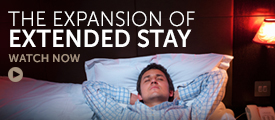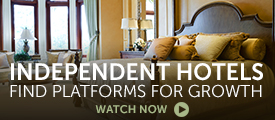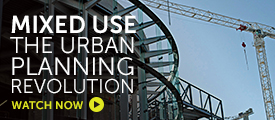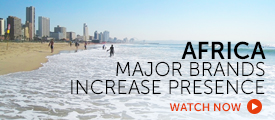A Special Report by Skift and Homewood Suites by Hilton found that there has been a 42.3% year over year growth in the pipeline for extended-stay properties in the US. Homewood Suites has 325 hotels in the US. Another growing extended-stay brand is Staybridge Suites, which has 101 hotels in the pipeline. With increasing awareness and demand for extended-stay accommodation internationally, there is high potential for growth.
Experts discuss extended-stays in a variety of accommodation types:
The report ‘The Changing Business of Extended-Stay Hotels’ found that the average age of extended-stay travellers is mid-40s. Also the 18-34 year old age group slightly favours extended-stay style accommodation for leisure trips.
The survey found that guests in extended-stay accommodation are more likely to be on business than leisure and that business travellers will stay longer.
Unsurprisingly the survey found that free wi-fi and a complimentary hot breakfast were considered the two most important amenities in an extended-stay hotel by both business and leisure travellers.
The survey found that only 45.4% of travelling Americans had stayed in extended-stay accommodation and 8.6% didn’t know what extended-stay accommodation was, suggesting there is potential for further growth in the market in America.
According to figures from STR, occupancy in extended-stay has been growing over the past few years. In the US, demand for extended-stay was 72.5% in 2012, 73.1% in 2013, and 74.9% in 2014. 125,000 new extended-stay rooms are expected to open in the US by 2018.
In the economy sector, STR data also showed that extended-stay supply growth was 2.6% YTD in May 2015 and ADR showed a 7.9% year on year change.
If you’ve been sent to this page and you’re not yet on the circulation list to receive these regular briefings and you would like to sign up, you can do so here. It’s free.
Video clips produced by yBC for the Hospitality Channel, including interview from industry conferences such as the IHIF conference as well as specific Hospitality Channel shoots.









